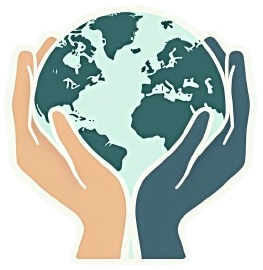Why Do Religions Divide Instead of Unite?

Religion has been a cornerstone of human culture, offering guidance, meaning, and a sense of community. Yet, despite its universal goals of compassion and understanding, history is rife with examples of how religions have divided humanity. Wars, social conflicts, and even personal disputes are often fueled by religious differences. Why does something meant to unify often lead to division?
The answer lies in how religions are structured and practiced. Many religious doctrines promote exclusivity, implying that their followers hold the sole truth. This mindset creates an 'us versus them' mentality, making it easy to see those with different beliefs as outsiders or even enemies. Furthermore, religious leaders and institutions sometimes use these differences to consolidate power, encouraging divisions that benefit their control over followers.
Cultural and geographic contexts also amplify these divisions. A religion shaped by specific historical and environmental conditions may not easily adapt to other contexts. For example, rituals, customs, and moral codes designed for one society may seem alien or incompatible with others, creating misunderstandings and conflict. This cultural rigidity often fuels the notion that one religion is superior to another.
Avoiding these divisions requires a shift in perspective. Emphasizing shared human values over doctrinal differences can help bridge divides. Compassion, empathy, and mutual respect are values upheld by most religions and can serve as common ground. Interfaith dialogues, educational initiatives, and inclusive policies can foster understanding and reduce conflict rooted in religious differences.
Individuals, too, play a crucial role. Questioning exclusive doctrines and focusing on shared humanity can break down barriers. By celebrating diversity and promoting open-mindedness, people can ensure that religion becomes a unifying force rather than a divisive one. The future of global harmony lies not in erasing differences but in embracing them with respect and understanding.
The future of global harmony lies not in erasing differences but in embracing them with respect and understanding.
